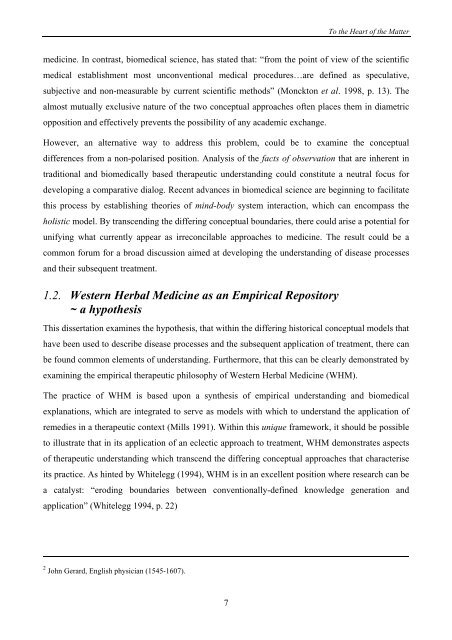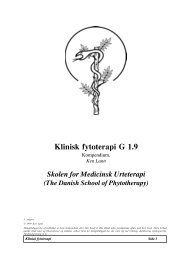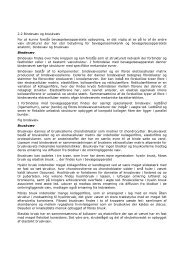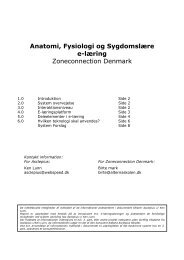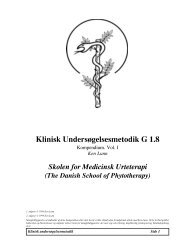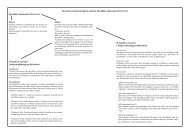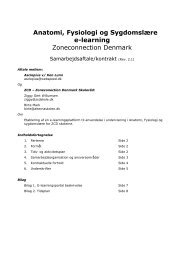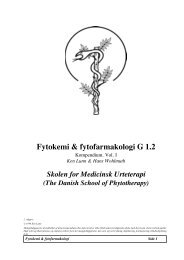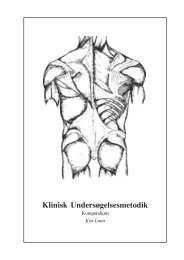PDF File - Asclepius Herbal Consultancy
PDF File - Asclepius Herbal Consultancy
PDF File - Asclepius Herbal Consultancy
You also want an ePaper? Increase the reach of your titles
YUMPU automatically turns print PDFs into web optimized ePapers that Google loves.
To the Heart of the Matter<br />
medicine. In contrast, biomedical science, has stated that: “from the point of view of the scientific<br />
medical establishment most unconventional medical procedures…are defined as speculative,<br />
subjective and non-measurable by current scientific methods” (Monckton et al. 1998, p. 13). The<br />
almost mutually exclusive nature of the two conceptual approaches often places them in diametric<br />
opposition and effectively prevents the possibility of any academic exchange.<br />
However, an alternative way to address this problem, could be to examine the conceptual<br />
differences from a non-polarised position. Analysis of the facts of observation that are inherent in<br />
traditional and biomedically based therapeutic understanding could constitute a neutral focus for<br />
developing a comparative dialog. Recent advances in biomedical science are beginning to facilitate<br />
this process by establishing theories of mind-body system interaction, which can encompass the<br />
holistic model. By transcending the differing conceptual boundaries, there could arise a potential for<br />
unifying what currently appear as irreconcilable approaches to medicine. The result could be a<br />
common forum for a broad discussion aimed at developing the understanding of disease processes<br />
and their subsequent treatment.<br />
1.2. Western <strong>Herbal</strong> Medicine as an Empirical Repository<br />
~ a hypothesis<br />
This dissertation examines the hypothesis, that within the differing historical conceptual models that<br />
have been used to describe disease processes and the subsequent application of treatment, there can<br />
be found common elements of understanding. Furthermore, that this can be clearly demonstrated by<br />
examining the empirical therapeutic philosophy of Western <strong>Herbal</strong> Medicine (WHM).<br />
The practice of WHM is based upon a synthesis of empirical understanding and biomedical<br />
explanations, which are integrated to serve as models with which to understand the application of<br />
remedies in a therapeutic context (Mills 1991). Within this unique framework, it should be possible<br />
to illustrate that in its application of an eclectic approach to treatment, WHM demonstrates aspects<br />
of therapeutic understanding which transcend the differing conceptual approaches that characterise<br />
its practice. As hinted by Whitelegg (1994), WHM is in an excellent position where research can be<br />
a catalyst: “eroding boundaries between conventionally-defined knowledge generation and<br />
application” (Whitelegg 1994, p. 22)<br />
2 John Gerard, English physician (1545-1607).<br />
7


